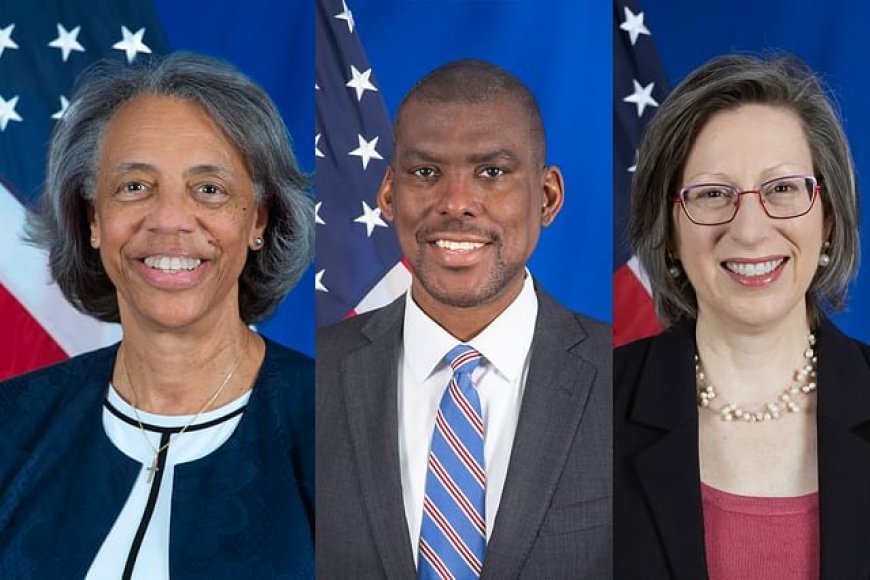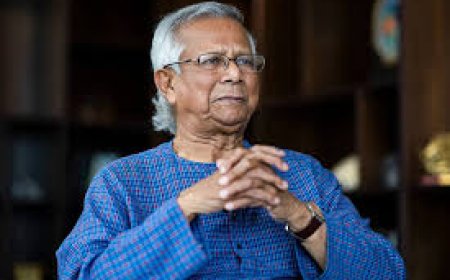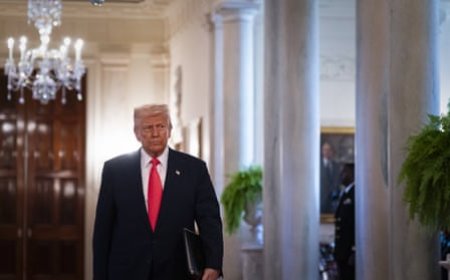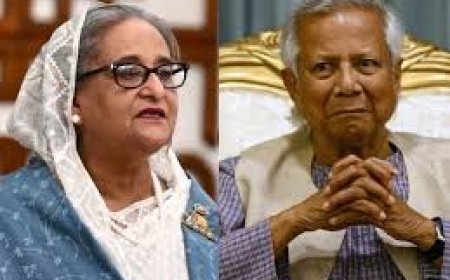Sources say the Trump administration has requested the resignation of three senior U.S. diplomats, including Marcia Bernicat
Sources say the Trump administration has requested the resignation of three senior U.S. diplomats, including Marcia Bernicat

Aides to President-elect Donald Trump have requested the resignation of three senior career diplomats overseeing key roles within the U.S. State Department, according to two U.S. officials familiar with the matter. The officials affected include Dereck Hogan, Marcia Bernicat, and Alaina Teplitz, who manage critical aspects of the department's workforce and internal coordination. This move may indicate broader changes in store for the diplomatic corps.
While political appointees traditionally offer their resignations when a new administration begins, career foreign service officers typically continue their service across different presidencies. All three officials have served under both Democratic and Republican administrations, including in ambassadorial roles.
Trump, set to be inaugurated on January 20, has pledged to "clean out the deep state," removing bureaucrats perceived as disloyal. One U.S. official noted concerns that these resignations could foreshadow deeper restructuring efforts. A spokesperson for Trump’s transition team defended the decision, stating it aligns with ensuring officials support Trump’s vision of prioritizing American interests.
Hogan, the State Department’s executive secretary, oversees interdepartmental information flow; Bernicat directs the U.S. Foreign Service and global talent; and Teplitz, an assistant secretary, manages administrative responsibilities, including recruitment and resource allocation. Requests for comment from the three officials and the State Department went unanswered.
Experts suggest that reshaping leadership in these roles could enable Trump’s team to control resources, manage personnel decisions, and influence information flow. This approach aligns with Trump’s broader goals to ensure a diplomatic workforce aligned with his policy objectives, including a more confrontational foreign policy and stronger support for Israel.
The move echoes staff changes made during Trump’s first term, where key State Department positions were reassigned to political appointees. Sources indicated the administration intends to continue this strategy, appointing politically aligned individuals to roles traditionally filled by career diplomats. The Agency Review Team is reportedly vetting candidates for these positions.
This shift in approach aligns with Trump’s broader agenda to "shatter the deep state," a plan outlined on his campaign website. Central to this agenda is reintroducing a controversial executive order, known as "Schedule F," which could strip employment protections from tens of thousands of civil servants, enabling their replacement with politically loyal personnel. Critics argue this move could politicize the federal bureaucracy, and unions and watchdog groups have pledged to challenge it in court.
Observers suggest these changes may expedite Trump’s efforts to consolidate control over federal agencies, including the State Department, in pursuit of his policy objectives.
What's Your Reaction?





















































































